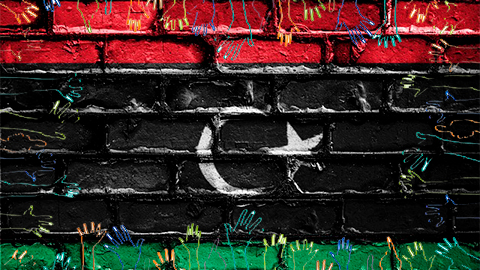Expert in law of the sea to speak on migrants' situation in Libya

05/02/2019
The objective of the session is to discover more about the current situation in Libya, understand the difficulties faced by authorities and how human mobility is a responsibility of the international community.
Cottone will speak on the challenges seen every day in Libya, a country of destination or transit of thousands of regular and irregular migrants in search of new and better opportunities. She also will explain the role of the OIM mission in Libya in assisting the authorities in charge of managing these groups of migrants according to the rules of international law.
The strategic location of Libya makes it a key region of migratory routes. Although the IOM's Displacement Tracking Matrix (DTM) has identified 670,920 migrants from 40 different countries currently living in Libya, the real number is estimated to be some 800,000 migrants throughout the country. The majority of these people come from the neighbouring countries of Egypt, Niger, Chad and Sudan.
OIM statistics reveal that the majority of migrants reach Libya with the intention of staying and working. However, factors such as ongoing bursts of violence, the proliferation of armed groups, sporadic waves of displaced people, the near rupture of the rule of law, the deterioration of humanitarian situations, the weakening of the economy and Libya's currency have contributed to making an already tense situation for migrants in Libya much worse.
Consequently, many migrants continue to risk their lives at sea trying to reach Europe and find better opportunities. In this sense, although the number of migrants reaching Italy has fallen 80% from 2017 to 2018, crossing by sea has become much more dangerous.
Cottone holds a degree in Law and specialises in the international protection of human rights and the law of the sea. Apart from the OIM, Linda Cottone also worked for the United Nations Interregional Crime and Justice Research Institute (UNICRI) and with ACNUR Spain in the protection of refugees and asylum seekers.